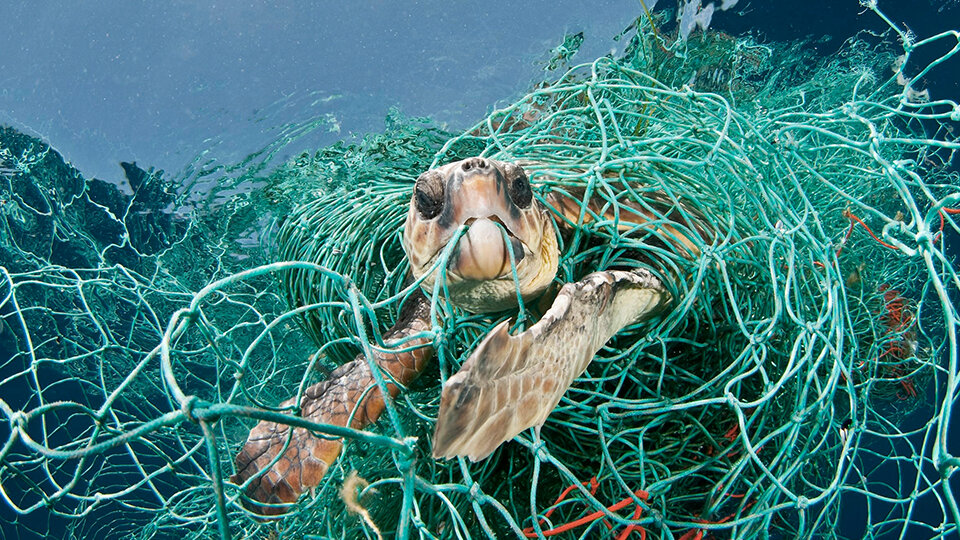PARLEY AIR STRATEGY
The oceans give us life. We give them plastic. Let’s invent our way out of this. Together.
Parley AIR is the strategy to end the fast-growing threat of marine plastic pollution and help drive solutions to the climate crisis. We believe plastic is a design failure — a symbol of the toxic age we created. To fix it, we must reinvent the material itself. Parley is calling for a Material Revolution. Everyone is invited to participate.
AVOID PLASTIC WHEREVER POSSIBLE
INTERCEPT PLASTIC WASTE
REDESIGN MATERIALS, METHODS AND THINKING

THE PROBLEMS OUR OCEANS FACE
An estimated 10 million metrics tons of plastic trash ends up in our oceans every year. The ocean currents have formed five gigantic, slow moving whirlpools where the plastic collects, called gyres. Most of the plastic debris sinks or remains in the gyres, however a significant percentage of it washes onto our coastlines daily.
After sunlight photodegrades the plastic into small pieces, aquatic life and seabirds mistake these fragments for food and ingest them.
While it's difficult to know exact figures, a 2012 report from WSPA indicates that between 57,000 and 135,000 whales are entangled by plastic marine debris every year in addition to the inestimable – but likely millions – of birds, turtles, fish and other species affected by plastic marine debris.
Studies now find plastic everywhere, in everything — from the deepest ocean trench to the tallest mountain peak. Plastic pollutes our air, water, food and bodies. Studies show that ingested plastic damages the internal organs of fish, which raises the question of human health.
If we fail to clean up the plastic and stop the continued pollution of the oceans, we are facing the potential extinction of many sea life species and the interruption of the entire ecosystem.
We also risk our own survival.
“We’re the big brained animals on this planet and we’re putting everything in danger because we don’t really understand the planet as a whole, and human beings, through our consumption and our waste, are messing with the system.”
— Graham Hawkes









